If Death were truly conquered, there would be
Too many great-great-great-great aunts to see.
L.E. Jones
If Death were truly conquered, there would be
Too many great-great-great-great aunts to see.
L.E. Jones
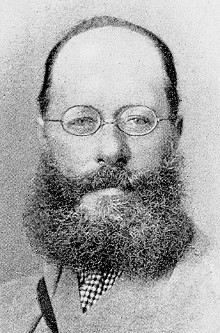
In 1859, Edward Lear wrote a letter to Lord Carlingford entirely in hexameters:
Washing my rosecoloured flesh and brushing my beard with a hairbrush, —
— Breakfast of tea, bread, and butter, at nine o’clock in the morning,
Sending my carpet-bag onward I reached the Twickenham station,
(Thanks to the civil domestics of good Lady Wald’grave’s establishment,)
Just as the big buzzing brown booming bottlegreen bumblebizz boiler
Stood on the point of departing for Richmond and England’s metropolis.
I say — (and if ever I said anything to the contrary I hereby retract it) —
I say — I took away altogether unconsciously your borrowed white fillagree handkerchief;
After the lapse of a week I will surely return it,
And then you may either devour it, or keep it, or burn it,–
Just as you please. But remember, I have not forgotten,
After the 26th day of the month of the present July,
That is the time I am booked for a visit to Nuneham.
Certain ideas have arisen and flourished within me,
As to a possible visit to Ireland, — but nobody
Comes to a positive certainty all in a hurry:
If you are free and in London, next week shall we dine at the Blue Posts?
Both Mrs. Clive and her husband have written most kindly
Saying the picture delights them (the Dead Sea) extremely.
Bother all painting! I wish I’d 200 per annum!
Wouldn’t I sell all my colours and brushes and damnable messes!
Over the world I should rove, North, South, East and West, I would
Marrying a black girl at last, and slowly preparing to walk into Paradise!
A week or a month hence, I will find time to make a queer Alphabet,
All with the letters beversed and be-aided with pictures,
Which I shall give — (but don’t tell him just yet) to Charles Braham’s little one.
Just only look in the ‘Times’ of to-day for accounts of the ‘Lebanon!’
Now I must stop this jaw, and write myself quite simultaneous,
Yours with a lot of affection — the Globular foolish Topographer.
E.L.
Apparently he’d been reading Arthur Hugh Clough’s epistolary verse-novel Amours de Voyage. “The metre is the same,” noted Lady Strachey, editor of his letters, “and the imitation of the style is clever.”
Killed by an omnibus — why not?
So quick a death a boon is.
Let not his friends lament his lot —
Mors omnibus communis.
— Henry Luttrell
(Mors omnibus communis means “Death is common to all men.”)
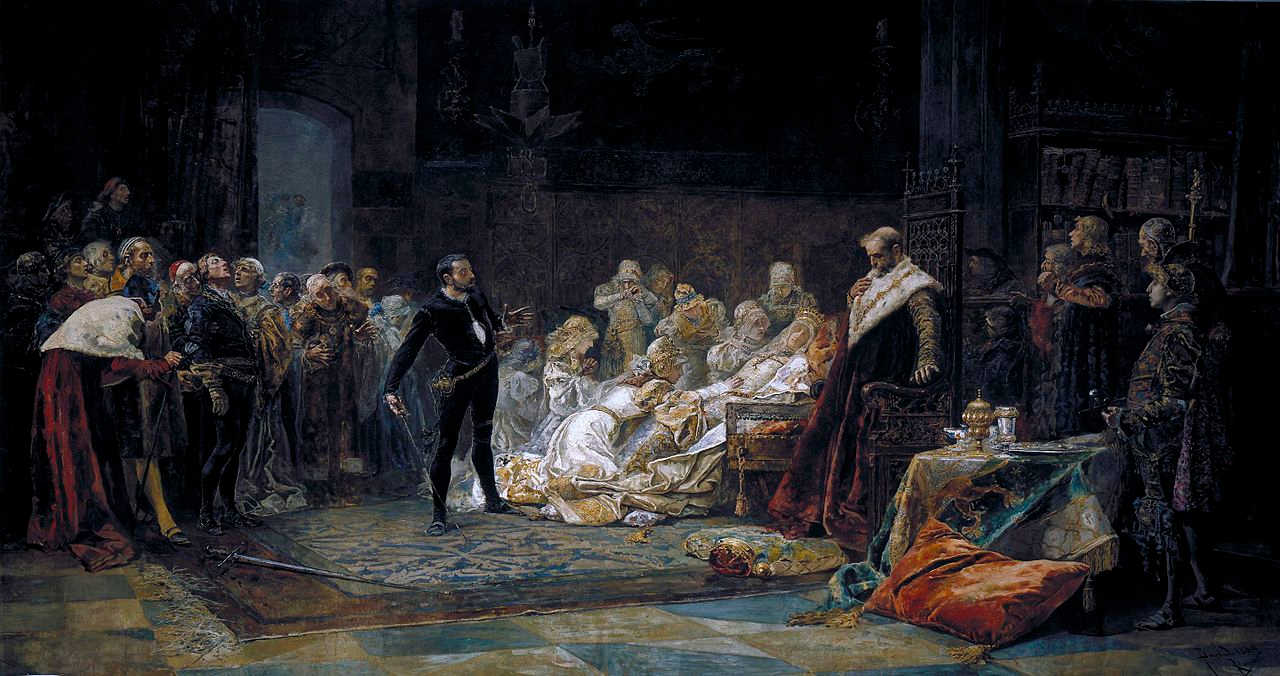
Did Ophelia ask Hamlet to bed?
Was Gertrude incestuously wed?
Is there anything certain?
By the fall of the curtain
Almost everyone’s certainly dead.
— A. Cinna
Once a raven on Pluto’s dark shore
Brought the singular news: “Nevermore.”
‘Twas of useless avail
To ask further detail,
His reply was the same as before.
— Anthony Euwer
There once was a fellow called Hyde,
Whose twin self he couldn’t abide;
But Jekyll, the Devil,
Dragged Hyde to his level,
“Inside job,” cried Hyde, as he died.
— E.J. Jackson
When Ireland was bloody and leaderless,
The tedious, garrulous Daedalus —
Having failed both as priest
And as Glorious Beast —
Sailed away to write books that were readerless.
— Gina Berkeley
I never got on good
relations with the world
first I had nothing
the world wanted
then the world had
nothing I wanted
— A.R. Ammons
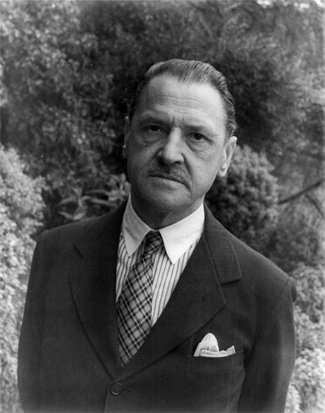
How Socratic is Somerset Maugham!
What is virtue to him but a norm?
So the best propaedeutic
Is a process maieutic,
And all evil is merely bad form.
— R.B.S. Instone
The burdens of the world
on my back
lighten the world
not a whit while
removing them greatly
decreases my specific
gravity
— A.R. Ammons
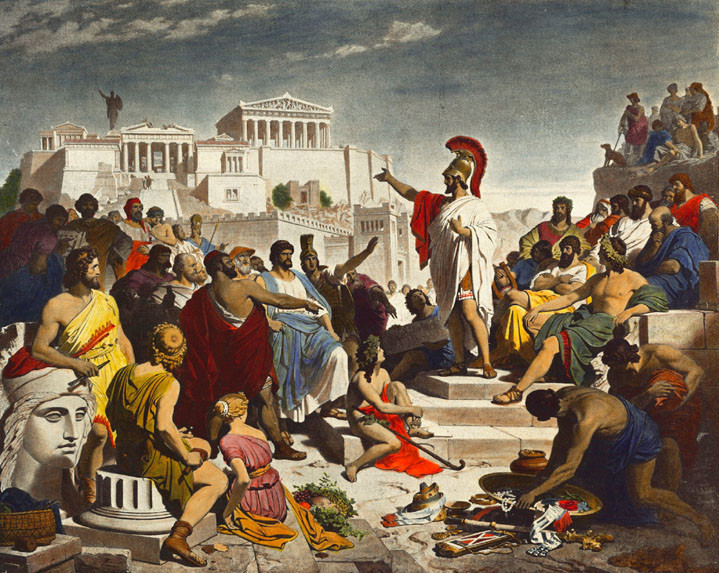
Democracy works (entre nous) —
When a knowing intelligent few
Tell the people: “You rule!”
And each plebian fool
Says: “Right, Guv’nor, what must we do?”
— W. Stewart
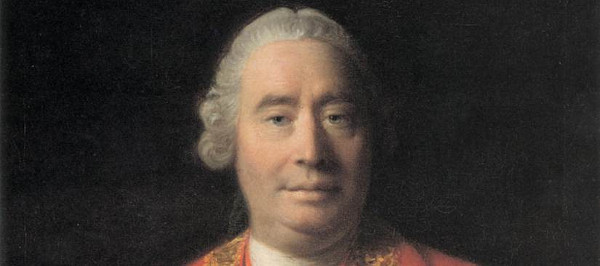
Cried the maid: “You must marry me, Hume!”
A statement that made David fume.
He said: “In cause and effect,
There is a defect;
That it’s mine you can only assume.”
— P.W.R. Foot
Thomas Hobbes of Malmesbury thought
Life was nasty and brutish and short;
But contracts, once made,
Would come to our aid,
And ensure modest comfort — at court.
— Peter Alexander
There was a young man who said: “Ayer
Has answered the atheist’s prayer,
For a Hell one can’t verify
Surely can’t terrify —
At least till you know you are there.”
— Anonymous
When I heard the learn’d astronomer,
When the proofs, the figures, were ranged in columns before me,
When I was shown the charts and diagrams, to add, divide, and measure them,
When I sitting heard the astronomer where he lectured with much applause in the lecture-room,
How soon unaccountable I became tired and sick,
Till rising and gliding out I wander’d off by myself,
In the mystical moist night-air, and from time to time,
Look’d up in perfect silence at the stars.
That’s Walt Whitman. In 2000, mathematician Mike Keith noted a similar idea in Psalm 19:1-6:
The heavens declare the glory of God;
And the firmament sheweth his handywork.
Day unto day uttereth speech,
And night unto night sheweth knowledge.
There is no speech nor language,
Where their voice is not heard.
Their line is gone out through all the earth,
And their words to the end of the world.
In them hath he set a tabernacle for the sun,
Which is as a bridegroom coming out of his chamber,
And rejoiceth as a strong man to run a race.
His going forth is from the end of the heaven,
And his circuit unto the ends of it:
And there is nothing hid from the heat thereof.
So he married them by rearranging the psalm’s letters:
When I had listened to the erudite astronomer,
When his high thoughts were arranged and charted before me,
When I was shown the length and breadth and height of it,
The Earth, the horned Moon, the chariot of fire,
The hundredth flight of the shuttle through heavyish air,
How soon, mysteriously, I became sad and sick,
Had to wander out, ousted, charging through the forest,
Joining the sure chaos here in a foreign heath,
Having forgotten the vocation of the learned man,
And in the mystic clearing, once more looked up
In perfect silence at the sermon in the stars.
(Michael Keith, “Anagramming the Bible,” Word Ways 33:3 [August 2000], 180-185.)